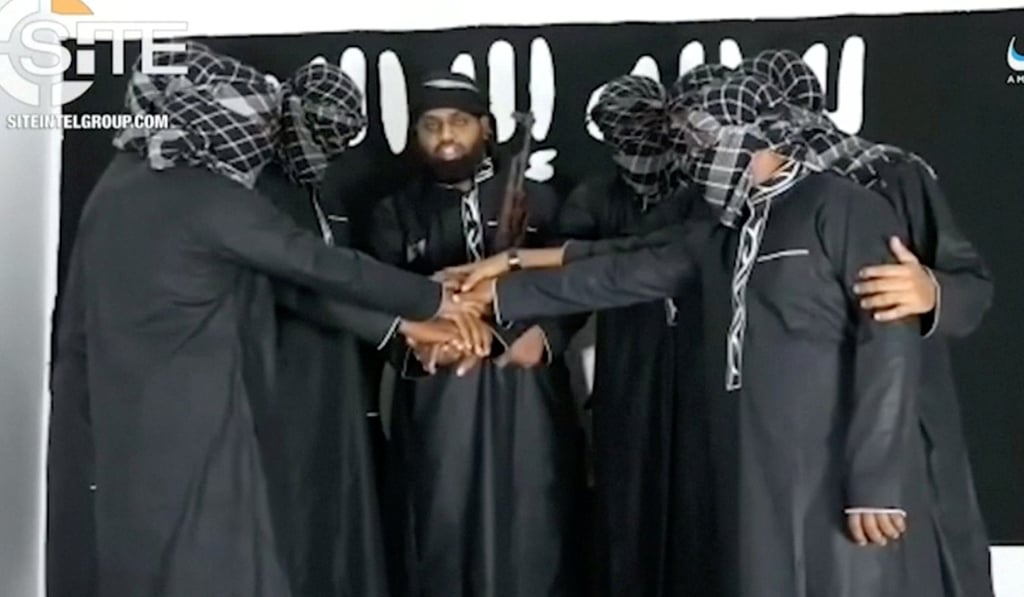Opinion | Sri Lanka attacks: why the wealthy and successful become suicide bombers
- The world was shocked to hear that two of the nine suicide bombers that hit Sri Lanka were children of a millionaire spice merchant who grew up in luxury
- But society should understand it is because they have much to lose that these terrorists are able to influence their constituency and inspire others

This is not unusual. Psychologist Marc Sageman, writing about al-Qaeda, called terrorism a middle-class phenomenon. A 2016 Brookings Institution study showed that roughly 70 per cent of global recruits for Islamic State were middle class or wealthier. This is the trend we are seeing now across Asia.
Terrorist groups are ideological vanguards, usually far out ahead of their societies on issues that justify their violence. They tend to see the state as inherently violent towards their community, unwilling to defend their interests, or holding back the application of sharia law. Terrorists benefit from provoking a heavy-handed response from the state, that in turn vindicates them in the eyes of their constituents.
But the same groups are also representative of their societies with recruits from across the socio-economic and educational spectrum.

We have the tendency to assume that terrorists engage in acts of violence against soft targets out of weakness; they conduct asymmetrical violence because they lack other means. At the same time, we often assume that terrorists are marginalised and dispossessed, and as such they have nothing to lose. In this logic, terrorism is simply a rational choice. But that hypothesis ignores ideological motivation, and the concept of martyrdom, which necessarily entails sacrifice.
